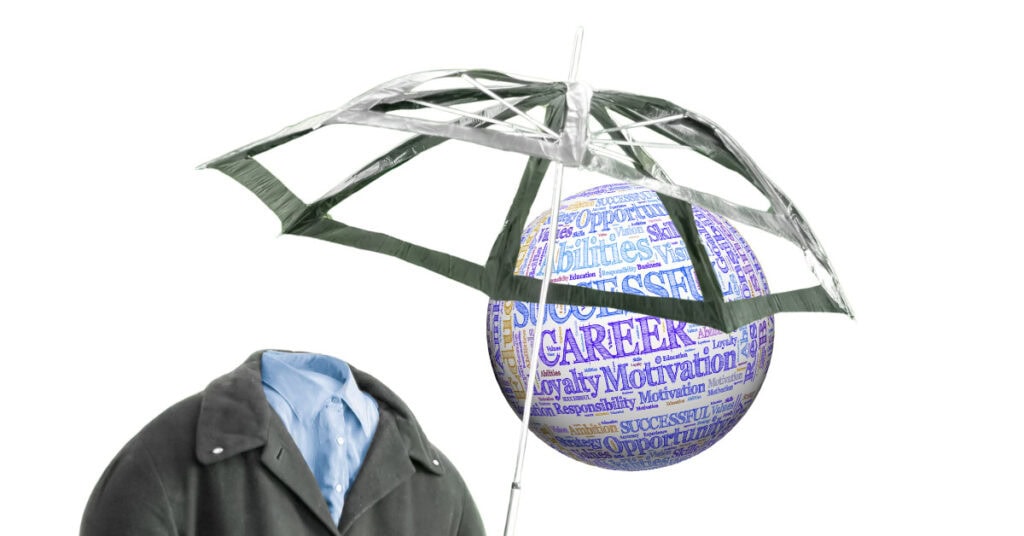Where do ethics fit in the workplace?
 It is confusing. Our world has much more gray in it than it did 10 years ago. Ethics in the workplace don’t always seem to be necessary since it often feels as though people are making rules as they go along. Being ethical involves conducting yourself according to accepted principles of right and wrong. Sometimes people distort the difference between right and wrong to fit their own agendas.
It is confusing. Our world has much more gray in it than it did 10 years ago. Ethics in the workplace don’t always seem to be necessary since it often feels as though people are making rules as they go along. Being ethical involves conducting yourself according to accepted principles of right and wrong. Sometimes people distort the difference between right and wrong to fit their own agendas.
Does ethics take a back seat when someone is feeling hurt?
When someone has hurt feelings, they may decide that they can make a case against someone else based on little or no facts. Once that damage is done, they tie in little bits of information often without providing any proof. They take a moral high road to reach their own agenda. True ethical behavior would never build a case on misinformation or lies.
What components are key to workplace ethics?
- Integrity is key to workplace ethics and behavior. When someone values integrity, they avoid gossip, sneakiness, and deceit while on the job. With a person operates with strong integrity, their money management skills are ethical and responsible. Lying to superiors, coworkers, customers, vendors, or the public is unethical. If you think you can misuse employer’s assets or lying on reports, think again.
- Accountability is essential. You show up on time and put in your best effort. If things go wrong, the person who is accountable will admit their errors and work to resolve the problem.
- Teamwork is also key to ethical behavior. The likelihood that you will get along with everyone on the team and your superiors is low but you can make an effort to work well anyway so that the company will thrive.
Where does ethics matter?
- Social media use in the workplace can be looked at from many vantage points. For some people, social media is part of their job. If their job is to represent the employer through social media marketing, company image, or public relations, you want to craft an ethical social media strategy that takes the high road and never wavers when sharing company information. Crisis management has become an entity of itself when some people take to social media to speak about company issues without realizing the ramifications.
- Inappropriate internet usage can rapidly become an ethical issue. If you are wasting time shopping or chatting with friends when you should be working, it falls under unethical behavior. When in the workplace, the tools and the time belong to your employer, you need to use it wisely.
- Online Communications about confidential or proprietary information is unethical. This means you have to be cautious in what goes into your LinkedIn profile and what you share on social media. Sharing trade secrets is not ethical nor is sharing specifics that could give your company’s competition an upper hand.
For many individuals, when continuously faced with situations that compromise their ethics, they are ready to move on. When challenged by issues, ethics is always about doing the right thing. For many people, if they are faced with others continuously making choices that don’t fit their values, it will affect their health and happiness. If you are not working in a place that creates and sustains an ethical workplace culture, you may decide that it is time to change your job.
Julie Walraven is a triple-certified resume writer whose interactive coaching style helps job seekers earn winning positions when she creates tactical resumes and LinkedIn profiles to market you for success. Learn more here.
Resume Design and Job Seeking Tips
Here are Design Resumes' latest articles on job search, resume design, resume writing, and Linkedin optimization articles I've written.
Julie Walraven
Professional Resume Writer
Here are ways I can help you land your dream job.
You may be halfway across the country or the world. When you work with me, we share coffee, laughs, and concerns. This turns the scary job search into creative, consultative writing and learning sessions.




